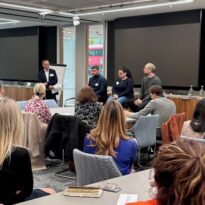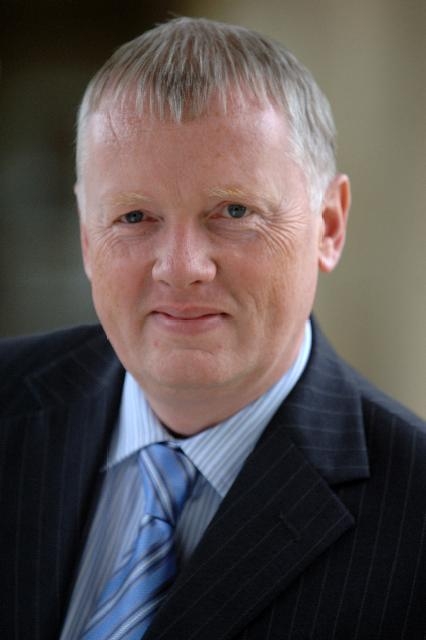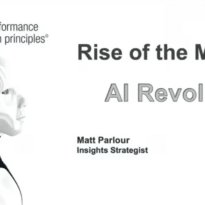Two fifths of people consider financial advice to be for the very wealthy, creating barriers to accessing it, yet three quarters of advised investors have savings and investments of less than £100,000, new research has shown.
According a survey by Aegon into the behaviour of savers and investors, 2 in 5 individuals believe they do not have enough money to warrant advice, with a quarter of people thinking the threshold for seeing a financial adviser requires savings over £100,000.
Nearly one in 10 (9%) say the biggest barrier to them seeking advice is a lack of confidence or fear of looking foolish when it comes to their money. Only 1 in 25 has sought advice through the Coronavirus pandemic.
However, the investment specialist said that over three quarters (77%) of those who currently have an advisor have savings and investments of less than £100,000. In contrast, only 18% of people receiving advice have between £100,000 and £500,000 and just 5% have assets in excess of £500,000.
Steven Cameron, pensions director, Aegon, said: “We need to set the record straight that taking financial advice isn’t just the preserve of high earners or those who’ve already built up large amounts of savings and investments. The impact of coronavirus has undoubtedly created a need for financial advice as individuals need professional advice before making big financial decisions, which could have huge ramifications on their long term savings. It’s very early days, but I suspect that demand will build.
“However, we need to overcome some of the barriers that exist that prevent people accessing advice. One in particular is the notion where people don’t think they have enough in savings to warrant advice, because of course, without the right advice they may struggle to build up substantial savings.”
Aegon’s research showed that a third of people (30%) also believe that seeking advice locks them into a long-term relationship with an adviser, which some consider a barrier.
Cameron added: “Tapping into financial advice can help improve an individual’s finances and accessing advice earlier can often have the bigger influence on an individual’s financial future. Advice doesn’t have to mean an on-going relationship either, and while ongoing advice can be hugely beneficial, for some accessing advice on a one-off or transactional basis may provide them with what they need.”






























